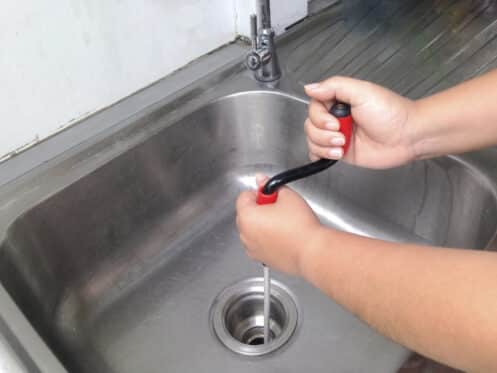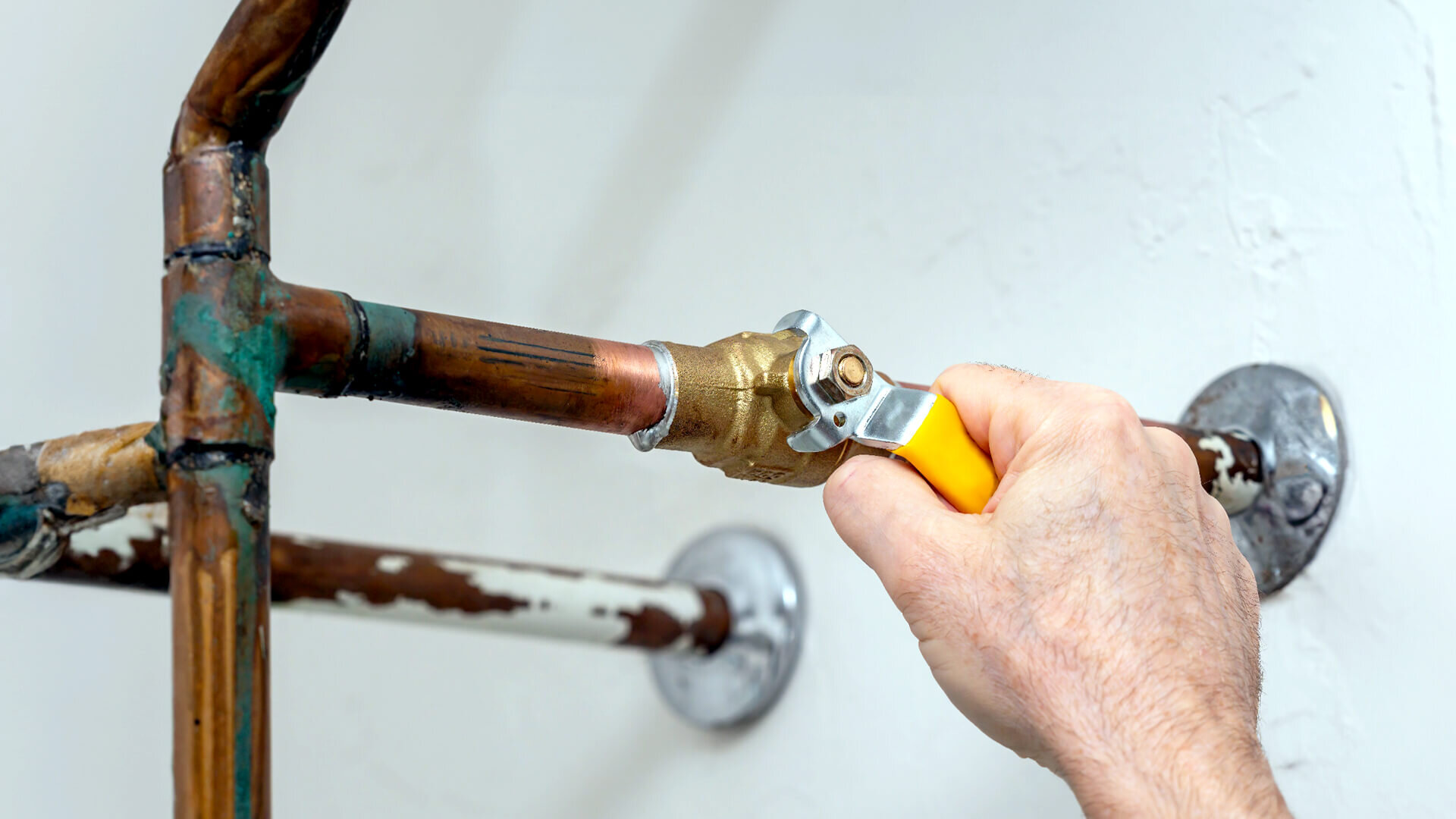Key Bathroom Plumbing Tips: What Every New Homeowner Needs to Know
Key Bathroom Plumbing Tips: What Every New Homeowner Needs to Know
Blog Article
Everybody seems to have their private perception in relation to 6 Essential Plumbing Checks for New Homeowners.

For brand-new homeowners, understanding and keeping restroom plumbing can conserve both money and time by avoiding expensive concerns down the line. Here are some crucial restroom pipes ideas to help you keep whatever running smoothly.
Plan For Winter
Secure your pipelines from cold throughout cold weather by protecting pipelines in unheated areas like basements, attic rooms, and garages. During extreme cold, allow cold water drip from taps served by subjected pipes to assist avoid cold.
Schedule Normal Maintenance
Take into consideration scheduling yearly examinations with a certified plumbing. They can spot problems that you could miss, such as surprise leaks or deterioration on pipelines and fixtures. Routine upkeep helps prolong the life of your pipes system and can avoid emergency situations.
Familiarize Yourself with the Key Shut-Off Shutoff
Knowing where the primary water shut-off shutoff is located in your home is critical. This allows you to rapidly switch off the water supply in case of major leakages or throughout plumbing emergency situations, preventing substantial water damages.
Routinely Check for Leakages
Small leaks can result in huge troubles. Regularly check under sinks, around bathrooms, and near pipes components for any kind of indications of leaks. Search for moisture, small drips, or rust. Catching and repairing leaks early can prevent a lot more serious damages and save water.
Keep Your Hot Water Heater
Guarantee your hot water heater is set to an ideal temperature (generally about 120 degrees Fahrenheit) to stop scalding and lower energy use. Flush the storage tank annually to get rid of sediment accumulation, which can minimize the effectiveness and life expectancy of your heating system.
Upgrade Your Fixtures
If your home has older fixtures, think about upgrading to much more efficient models. Modern toilets, showerheads, and taps are made to make use of much less water while giving great pressure, which can significantly decrease your water expense and ecological footprint.
Be Cautious with DIY Plumbing Fixes
While it's appealing to manage all home repair services on your own, be cautious with pipes. Some concerns could call for expert know-how, particularly if they include main water lines or sewage system fixings. Working with a specialist can often be much more affordable than do it yourself, specifically if it avoids further damage.
Do Not Neglect Slow Drains
If your sink or bath tub is draining slowly, it's usually an indication of a blockage forming. Resolving this very early can prevent a full obstruction. Use a plunger or a plumber's serpent to clear out particles. Avoid making use of chemical drain cleansers as they can harm your pipes over time.
Know What Not to Flush
Bathrooms are not garbage disposals. Stay clear of flushing anything apart from toilet tissue and human waste. Products like wipes, feminine health products, and cotton bud should be taken care of in the trash to stop obstructions and drain back-ups.
Install Strainers in Drains
Location strainers in your sink and tub drains pipes to catch hair and various other debris prior to they enter your plumbing system. Cleaning up the filters routinely will aid stop build-up and keep water streaming freely.
Final thought
Recognizing and maintaining your home's shower room plumbing can avoid several common problems. By adhering to these important ideas, you can guarantee your shower room continues to be functional and effective, conserving you money and time in the long run.
5 Plumbing Tips for First-Time Homeowners
Know How to Shut Off the Water
In most homes, the water can be shut off at two places: at the appliance or fixture itself, and for the whole house. For instance, look under your sink or behind the toilet. See those little knobs that connect with the pipes? Those are the shut off valves for those fixtures. Simply turn them until the water is off. The main shut off valve (which controls water throughout your entire home) will be outside, where the water feeds into the structure. You might need a dedicated tool, such as a water shut-off key, to shut off the water at the main.
Build an Emergency Plumbing Kit
Everyone knows how important it is to have a high-quality plunger around the house. But there are other things that can help you out when issues arise with the pipes. Building an emergency plumbing kit to solve issues on your own is part of any list of basic plumbing tips. Consider adding these things to create a basic plumbing kit:
Adjustable wrench Tongue-and-groove pliers Screwdrivers Plumber’s tape Pipe sealant Duct tape Set of hex keys Clip light for working under cabinets Auger and hand snake Do a Little Research
Many small leaks can be handled by replacing a small part of the piping system, tightening part of a faucet, or even changing out an aerator. Take the time to browse how-to articles for common plumbing problems, such as a running toilet or slow-draining sink. You might be surprised to find how easy it can be to do simple things yourself, like replace a valve in the back of the toilet.
Keep it Simple With No Chemicals
If you have a clog, you might be tempted by the promises of liquid drain cleaner. While this might work at first, it actually causes more damage deep in the pipes, eventually creating even more problems down the road.
Instead, try using baking soda and vinegar to create a strong fizzing effect that can help break up clogs and clear gunk from drains. Follow it with boiling water to clean the pipes even more thoroughly.
Take Care of Your Garbage Disposal
Be cautious about what you put down the disposal. Avoid pouring in fats, oils, and grease, as these are a surefire way to get a clog. Beware of certain foods too, such as celery or bones, as they can lodge in the works. Always run the disposal with water flowing.
https://modernize.com/homeowner-resources/other/10-plumbing-tips-for-first-time-homeowners

Go Company Report this page